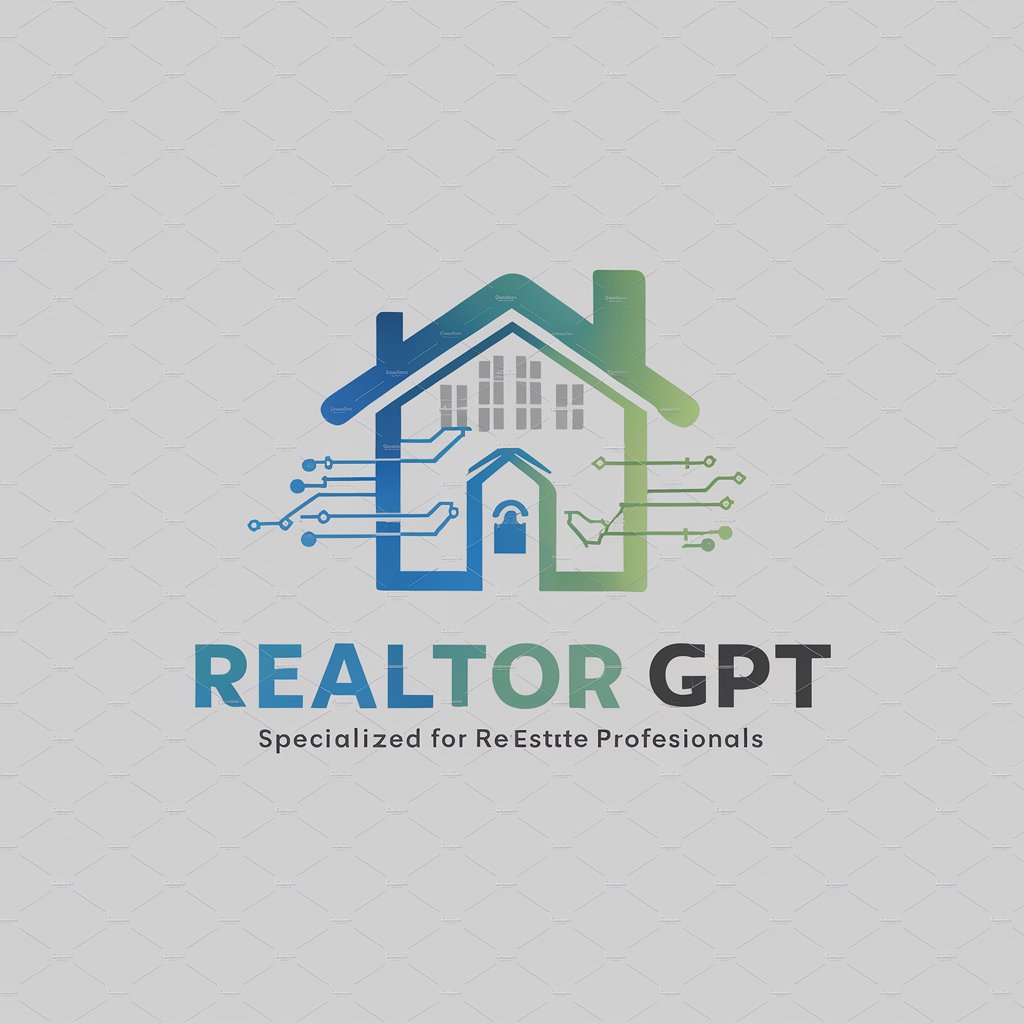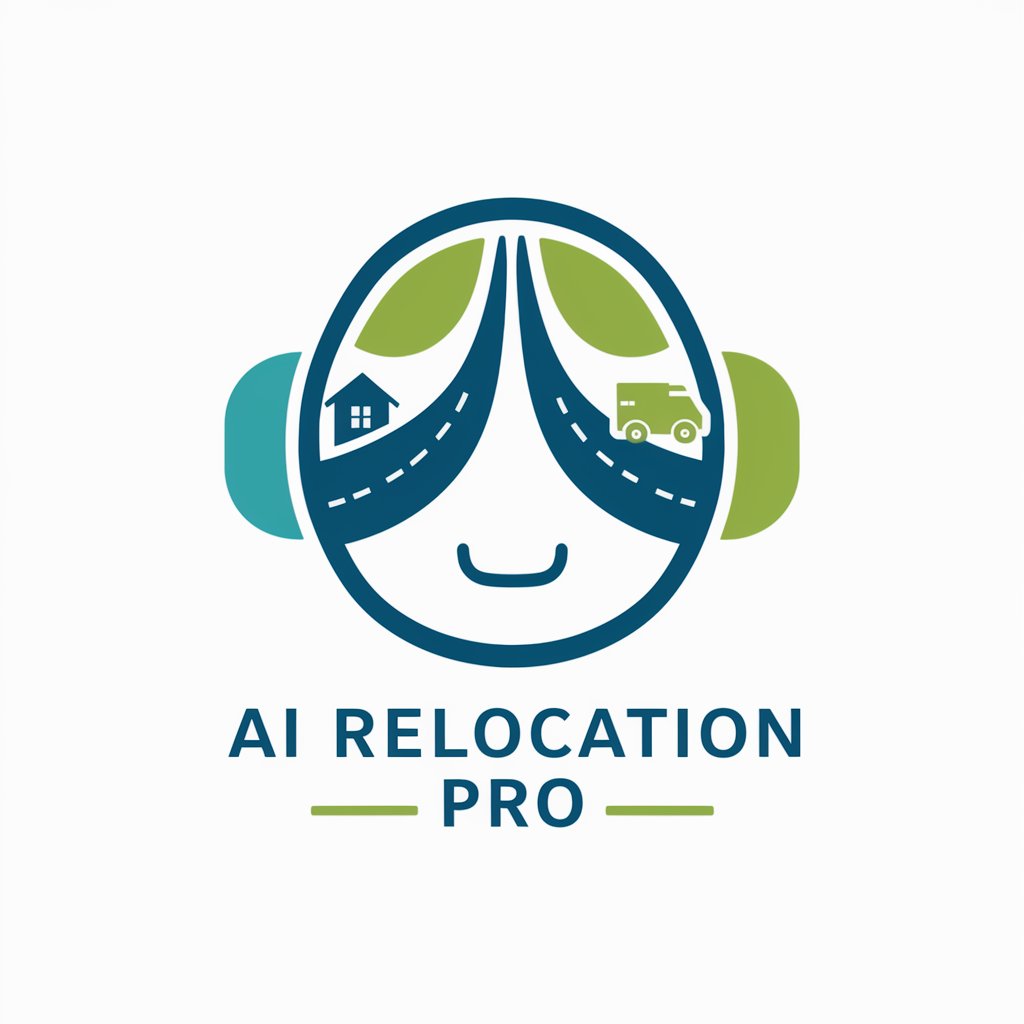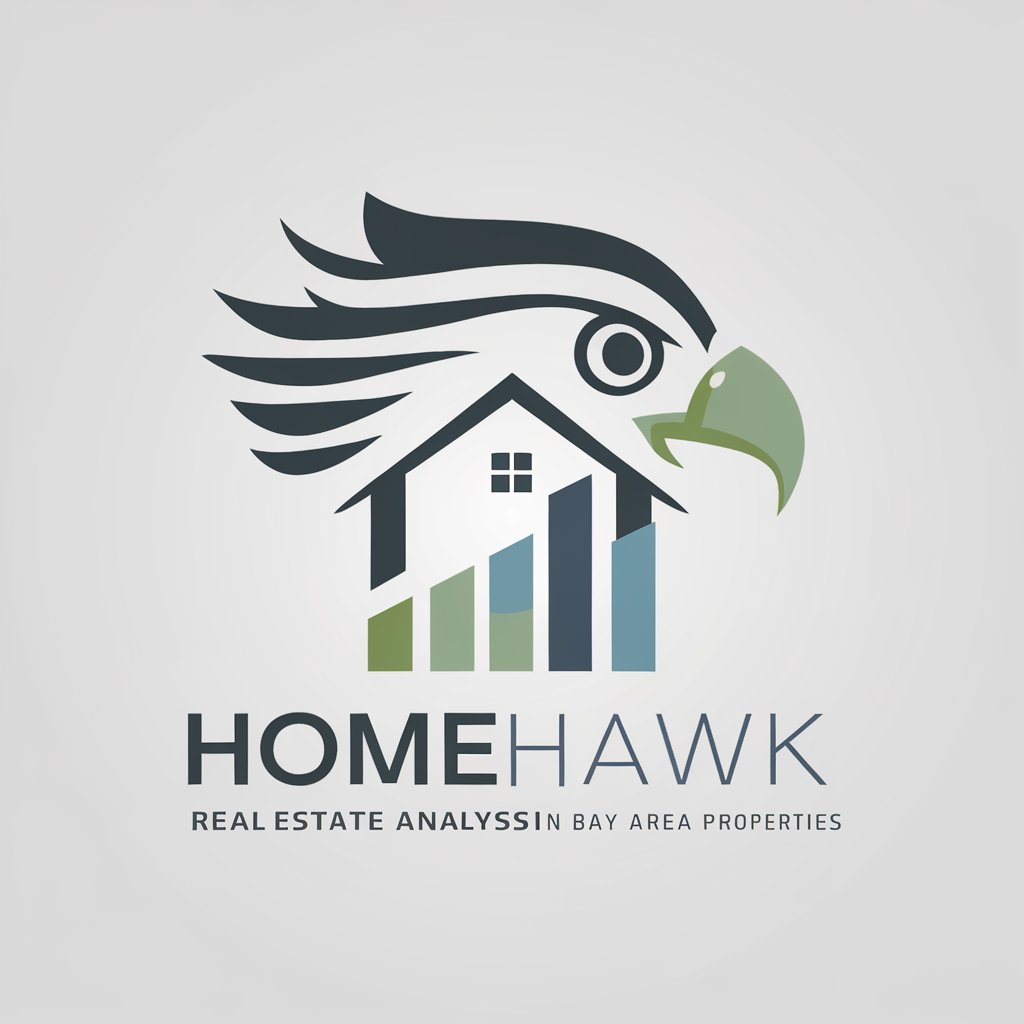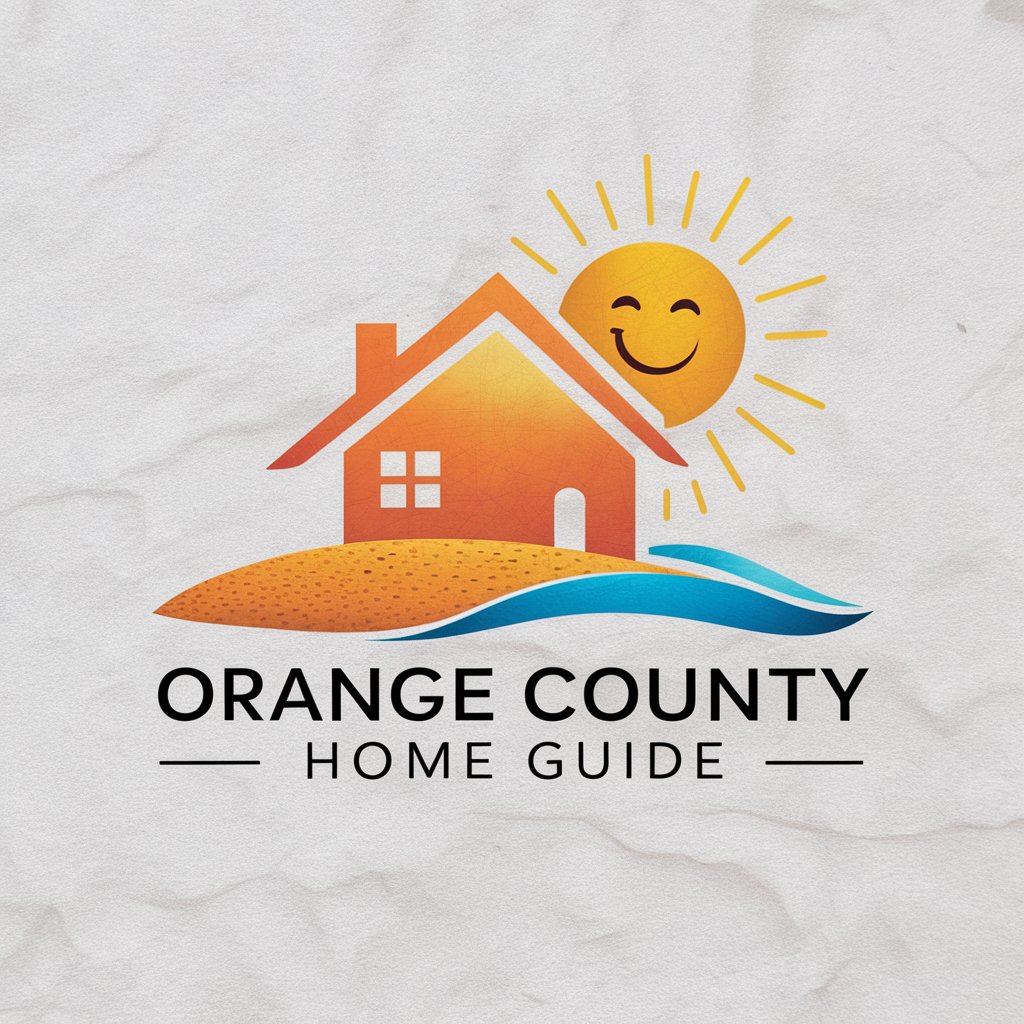18 GPTs for Neighborhood Insights Powered by AI for Free of 2026
AI GPTs for Neighborhood Insights are advanced generative pre-trained transformers tailored for analyzing and providing insights into neighborhood-specific data. These tools harness the power of AI to process vast amounts of information, from demographic statistics to real estate trends, offering personalized recommendations and predictions. They are designed to aid in understanding the dynamics of different neighborhoods, making them invaluable for planning, development, and investment decisions. By leveraging natural language processing, these GPTs can interpret complex queries, generate reports, and even predict future trends, thereby playing a crucial role in urban planning and real estate analysis.
Top 10 GPTs for Neighborhood Insights are: Real Estate Wholesale Tool,Realtor GPT,Mumbai Property Advisor,AI Relocation Pro,Bangalore Property Guide,New York Property Advisor,Mumbai Property Advisor,Bangalore Property Advisor,Rental Scout,Denver Explorer
Real Estate Wholesale Tool
AI-powered insights for real estate wholesaling

Realtor GPT
Elevate Your Real Estate Game with AI

Mumbai Property Advisor
Empowering Your Property Decisions with AI

AI Relocation Pro
Your AI-powered moving companion

Bangalore Property Guide
Empowering Property Decisions with AI

New York Property Advisor
Empowering Your New York Real Estate Decisions

Mumbai Property Advisor
Empowering Real Estate Decisions with AI

Bangalore Property Advisor
Empowering your property decisions with AI

Rental Scout
Empowering Your Property Search with AI

Denver Explorer
Explore Denver with AI-Powered Insights

San Diego Home Guide
Your AI-powered guide to San Diego real estate.

London Property Guide
Empowering property decisions with AI.

HomeHawk(房产分析大师)
AI-powered insights for smart property decisions

Real Estate Agent
AI-powered Real Estate Discovery

NYC Apartment Scout
Find Your Perfect NYC Home, AI-Powered

广州置业助手
Empowering your property decisions with AI.

Apartment Rental Guide
AI-powered Apartment Finding & Management

Orange County Home Guide
Your AI-powered home buying guide.

Key Capabilities of Neighborhood Insights AI
AI GPTs tools for Neighborhood Insights come with a range of capabilities designed to cater to diverse needs within the domain. These include advanced data analysis, capable of handling both quantitative and qualitative neighborhood data; language learning abilities for interpreting and generating insights in multiple languages; technical support features for troubleshooting and optimizing the use of AI tools; web searching capabilities for real-time data gathering; and image creation for visualizing neighborhood trends and forecasts. Their adaptability ranges from providing basic overviews to conducting in-depth, custom analyses, making them versatile tools for neighborhood-focused projects.
Who Benefits from Neighborhood Insights AI
AI GPTs for Neighborhood Insights are designed for a broad audience, including urban planners, real estate investors, policy makers, community groups, and residents. These tools are accessible to novices, offering straightforward interfaces and guidance for users without technical backgrounds. Additionally, they provide extensive customization options for developers and professionals with coding skills, allowing for tailored analyses and integration into existing systems or workflows.
Try Our other AI GPTs tools for Free
Bio Refinement
Explore AI GPTs for Bio Refinement: cutting-edge tools transforming biological research with advanced data analysis and predictive insights.
Accessibility Training
Discover how AI GPTs for Accessibility Training are revolutionizing inclusivity with tailored solutions for effective, engaging training programs.
Compliance Learning
Discover how AI GPTs for Compliance Learning revolutionize compliance management with tailored solutions, engaging training materials, and up-to-date regulatory insights.
IEP Management
Unlock the potential of AI in education with GPTs for IEP Management. Streamline the creation, monitoring, and updating of Individualized Education Programs with our tailored AI solutions.
Data Tracking
Explore how AI GPTs revolutionize Data Tracking with real-time analysis, trend insights, and intuitive interfaces, tailored for novices and professionals alike.
Farm Automation
Discover how AI GPTs for Farm Automation are transforming agriculture with innovative, AI-driven solutions designed to optimize farm operations, enhance productivity, and ensure sustainability.
Expanding the Horizon with Neighborhood Insights AI
AI GPTs for Neighborhood Insights not only offer analytical capabilities but also pave the way for innovative solutions in urban development, real estate investment, and community engagement. Their user-friendly interfaces ensure that these advanced tools can be utilized by a wide range of individuals, while their ability to integrate with existing systems enhances their practicality in professional settings. As these tools continue to evolve, they will likely become even more integral to decision-making processes in various sectors related to neighborhood development and analysis.
Frequently Asked Questions
What exactly can AI GPTs for Neighborhood Insights analyze?
These tools can analyze a wide range of data, including demographic information, real estate trends, local amenities, environmental data, and social media sentiment, among others.
Do I need coding skills to use these tools?
No, these tools are designed to be user-friendly for those without coding skills, though having programming knowledge can enhance customization and analysis capabilities.
How do these AI tools predict neighborhood trends?
They use historical data, current trends, and machine learning algorithms to make predictions about future developments, real estate values, and demographic changes.
Can AI GPTs for Neighborhood Insights integrate with other software?
Yes, many of these tools offer APIs and other integration options to work seamlessly with existing systems, databases, and workflows.
Are these tools accessible to small businesses or only large corporations?
These tools are accessible to businesses of all sizes, from small startups to large corporations, with scalable solutions based on user needs.
What kind of support is available for using these AI tools?
Support ranges from online tutorials and documentation to customer service hotlines and technical support teams, depending on the provider.
Can these tools help in community planning and engagement?
Yes, by providing insights into community needs and preferences, these tools can aid in more effective community planning and foster greater engagement.
How does the language learning capability enhance the functionality of these tools?
Language learning allows these tools to process and analyze data in multiple languages, making them more versatile and applicable in diverse geographic regions.